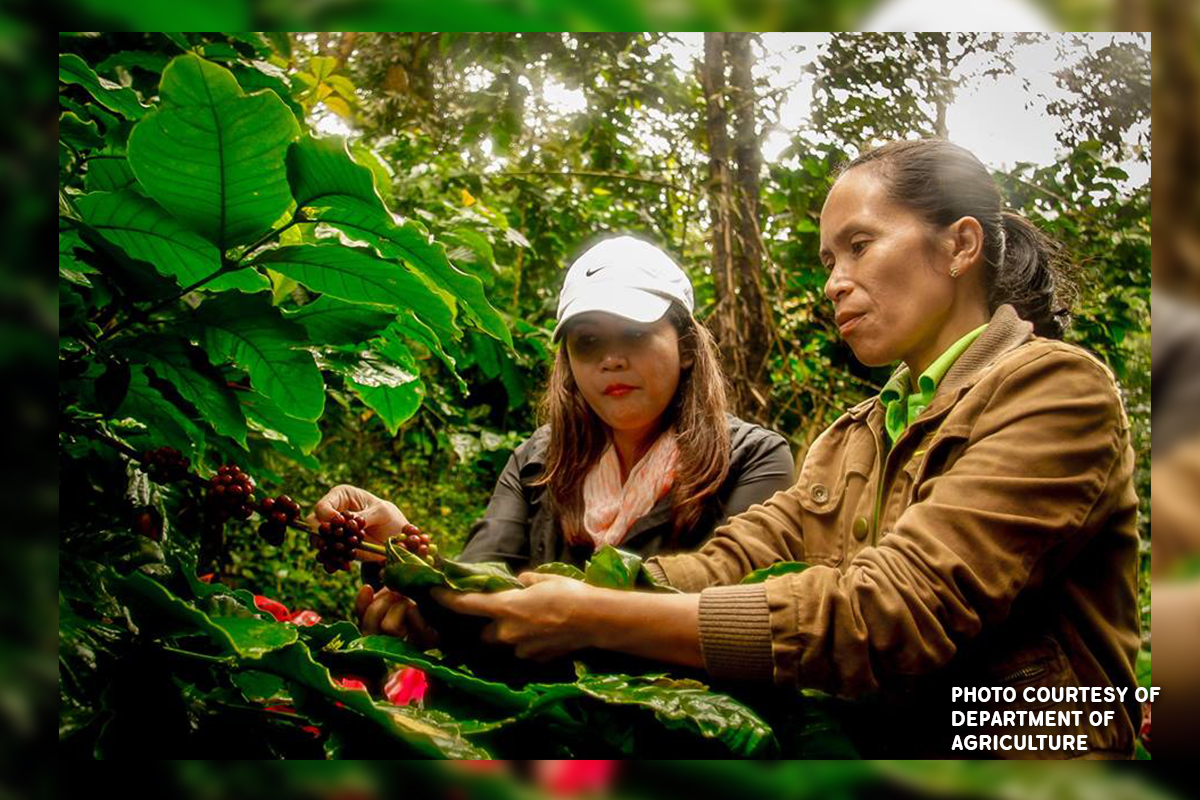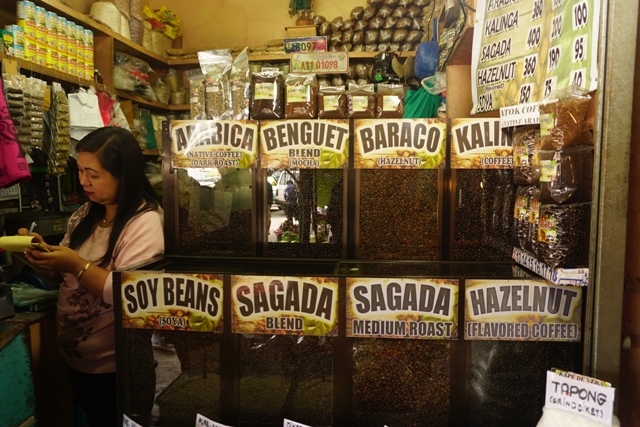Lifestyle
Millennials wake up coffee-shop fad
BAGUIO CITY – Coffee consumption in the country has surged, with the millennials willing to shell out a hundred pesos just for a cup.
Department of Agriculture (DA) Undersecretary for High-Value Crops Evelyn Laviña shared this observation at the opening of a four-day coffee exposition here this week.
“Our millennials are willing to shell out PHP100 or more in whatever innovative concoctions they prefer to have their coffee–traditional, plain, brewed, espresso, or blended, such as cappuccino, latte, macchiato,” Laviña said in a message read by DA-Cordillera Regional Executive Director Cameron Odsey.
“They are populating our coffee-scape and they know how coffee smells, tastes, and looks like, and we need to take notice,” Laviña said.
Raul Paz, deputy director of the Philippine Center for Postharvest Development and Mechanization (PhilMech) had the same observation.
“There is a growing market for the ground and roasted coffee, especially for the millennials, who have developed the ‘love for coffee,'” he said on the sidelines of the event, organized by the DA and PhilMech. “There are lots of coffee shops in the country. There is a growing demand for the roasted and ground coffee and the value is higher than the green beans.”
He echoed Laviña’s remark that the coffee shops that mushroomed all over the country are frequented mainly by the young people.
Filling up the demand
Laviña also noted that popular American coffee brands have become a favorite among the millennials, and the public in general. Recently, a Vietnamese coffee chain has opened in the country.
“Ironically, and this is where the problem and opportunity lie,” she pointed out. “They (coffee shops) source out 95 percent of their arabica from Brazil, Indonesia, Kenya, Colombia, Vietnam, and others.”
Amid the high demand for coffee, the country is unable to produce and fill this up.
Helen Martinez, PhilMech’s supervising science research specialist, cited a study made two years ago, saying 70 percent of the coffee consumed in the country are imported.
“The coffee that we consume in the Philippines is more than what we produce,” she said. “The Philippine Coffee Inc. said we are importing 5,000 metric tons of coffee annually to meet the growing demand of coffee drinkers.”
Experts said if local growers could not fill up the rising demand for coffee, they could at least make up in terms of quality.
Martinez said local coffee growers “can produce for local coffee shops.”
“It may not be enough, but we can compete in terms of taste and quality using technology,” she said.
Martinez said the country’s coffee industry must at least gear to capture the local market, especially the emerging millennial consumer sector and the foreign tourists, who are coffee drinkers.
“Kahit nasa Pilipinas lang tayo, global na tayo. Marami tayong in and out na foreigners. They want to taste our coffee, not their coffee. Magiging palatable tayo sa market (Even if local coffee is just in the country, we are already global, as many tourists come in and out of the country. They want to taste the locally produced coffee and not the coffee that comes from their own countries),” she added.
Martinez’s expertise is in rural development and development of business models for community-based coffee processing enterprise.
She said 60 to 70 percent of coffee production in the Philippines comes from the small farmers, who just practically use their backyards to grow the commodity.
This, she said, is where PhilMech comes into the picture.
“PHilMech comes in because we want to preserve our harvest na hindi sana matatapon dahil poor ang quality na kahit konti hindi siyamawawalan ng silbi dahil kaya natin i-improve ang quality using technology (Even if our harvest is small, this won’t go into waste because we can improve its quality with the use of technology),” she said. “Quality is the name of the game now, as it has always been,” Laviña further stressed. “Only now, we just need to pay attention to it because the stakes are much higher, especially with the activation of the ASEAN and free trade.”
Martinez said PHilMech organizes small farmers and backyard growers into organizations. The small farmers bring their little produce for consolidation to the organization or cooperative’s total production, which are sold together.
Through this scheme, she said, small farmers are enticed to sell their minimal produce to the organization, rather than simply stock this in their homes.
“A farmer would not invest much in mechanization and processing. They cannot afford it. But one way to do it is consolidation of the production through community-based production and processing of coffee,” she explained
Cordillera coffee
For its part, the coffee industry in Cordillera is pushing for its arabica type of coffee. “Ang gusto talaga natin I-push is arabica kasi meron talaga tayong advantage doon. Ang sinasabi nila arabica is best quality from Cordillera because of elevation and other factors (We are pushing for the production of the arabica type because we really have an advantage there. They say we produce the best quality because of our elevation and other factors),” DA-Cordillera’s Odsey said.
According to experts, Arabica tastes better if planted on high elevation, specifically, 800 meters above sea level. Most of the arabica production in Cordillera comes from Benguet province, Mountain Province, and parts of Ifugao. A little comes from the highland villages in Kalinga and Abra provinces. “The premium quality comes from us,” Odsey said. But the problem is the limited production of the region.
“Ang problema, kulang ang production kasi wala naman tayong malalaking plantation areas if meron, pailan ilan lang, mostly backyard (our problem is the limited production because we do not have big plantation areas. There are few, but most are backyard farms),” he said.
Odsey said on the average, a coffee tree produces a third of a kilo per year. But if the production is raised to one kilogram, which is possible through technology, he said, it would be a big boost to the region’s production.
He said DA-Cordillera is now encouraging farmers to plant more coffee trees, together with their other major crops.
“We give quality seedlings to the groups we form,” Odsey said. “We distribute these and we teach them how to rejuvenate old trees, which are no longer productive, with the use of technology,” Odsey said.
For post harvest, the DA also provides equipment to cooperatives and organizations that consolidate their backyard produce, so they could process the beans–from the removal of the skin, drying, roasting, grinding, down to the packaging.























